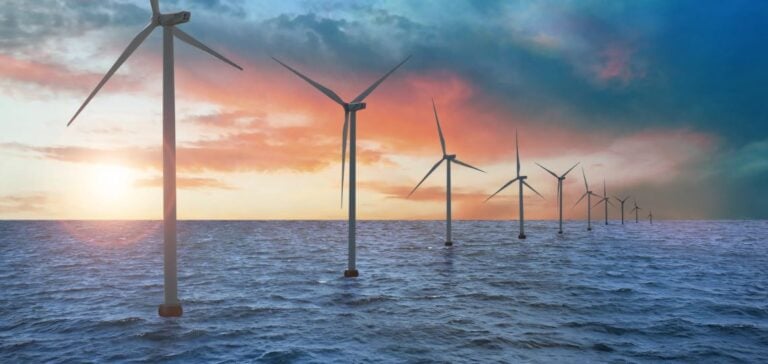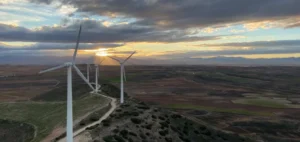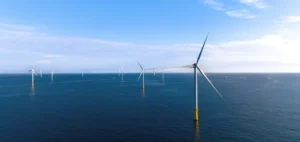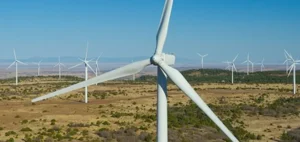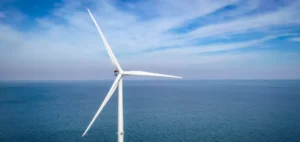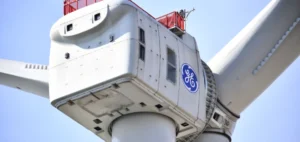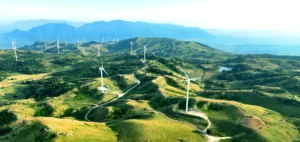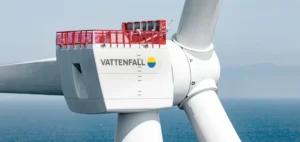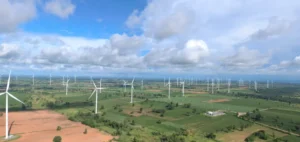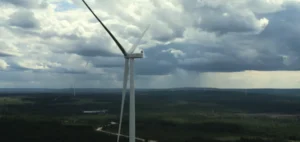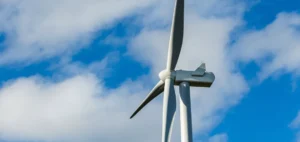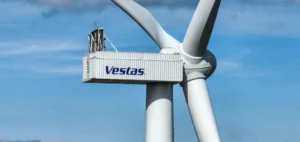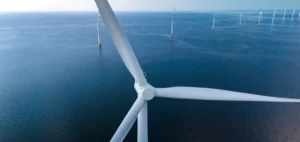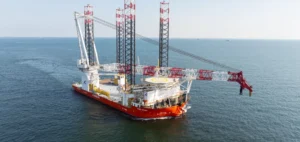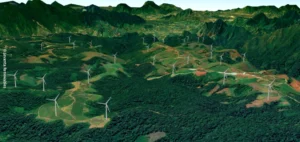Sweden’s recent rejection of numerous wind projects in the Baltic Sea reflects a new approach to prioritizing national security in the development of energy infrastructure. As the demand for green energy rises, Sweden now faces the challenge of balancing renewable energy expansion with defense imperatives.
The decision specifically targets 13 projects in the Baltic Sea, which would have undermined defense capabilities by hindering the detection and neutralization of potential threats, particularly missile threats. The Minister of Defense highlighted concerns regarding response times, noting that offshore wind installations could reduce reaction times to as little as one minute.
Security Concerns in the Baltic Sea
Sweden’s geographic proximity to Kaliningrad, the Russian enclave, places it in a sensitive geopolitical position. Sweden’s impending accession to the North Atlantic Treaty Organization (NATO) adds a layer of vulnerability amid escalating tensions with Russia. Wind farms in this strategic region could interfere with defensive systems, particularly Patriot missile batteries, crucial for early threat detection.
Under these tense circumstances, the Baltic Sea has become a defense priority for Sweden. According to the Ministry of Defense, offshore wind installations would complicate surveillance and responsiveness in the event of potential conflict. This stance highlights the dilemmas Sweden faces in balancing decarbonization goals with security imperatives.
Impacts on National Energy Goals
Sweden has ambitious renewable energy goals, aiming to double its electrical production over the next 20 years to approximately 300 terawatt-hours (TWh) annually. This “clean” electricity is vital for supporting the nation’s industry, particularly the production of low-carbon steel and batteries. However, the decision to restrict Baltic Sea wind projects may slow this energy transition.
At the same time, the Swedish government is considering expanding its nuclear capacity. By 2035, Sweden plans to add 2,500 megawatts (MW) of nuclear energy and build ten new reactors by 2045. This initiative seeks to offset the slowdown in wind development and ensure a stable electricity supply for decades to come.
Consequences for the Swedish Wind Industry
The rejection of Baltic Sea wind projects directly impacts the offshore wind industry in Sweden. The publicly-owned company Vattenfall has suspended its Kriegers Flak project following the removal of subsidies for offshore wind connections, making new wind farms economically challenging.
Nonetheless, some projects are moving forward. On the west coast, the Poseidon wind farm recently received approval and is expected to produce about 5.5 TWh of electricity annually. This project shows the government’s commitment to wind energy, despite restrictions in geopolitically sensitive zones.
Implications for Investors and Regulators
This Swedish decision is reshaping the renewable energy investment landscape within the country. The Baltic Sea project rejections encourage investors to turn toward the nuclear sector, supported by the Swedish government. However, short-term profitability remains uncertain due to the lengthy construction timelines of new nuclear facilities.
For regulators, this decision underscores the importance of balancing national security with the energy transition. Sweden’s tense geopolitical situation is driving it to reassess priorities, a trend that could influence other European countries in geopolitically sensitive regions.


